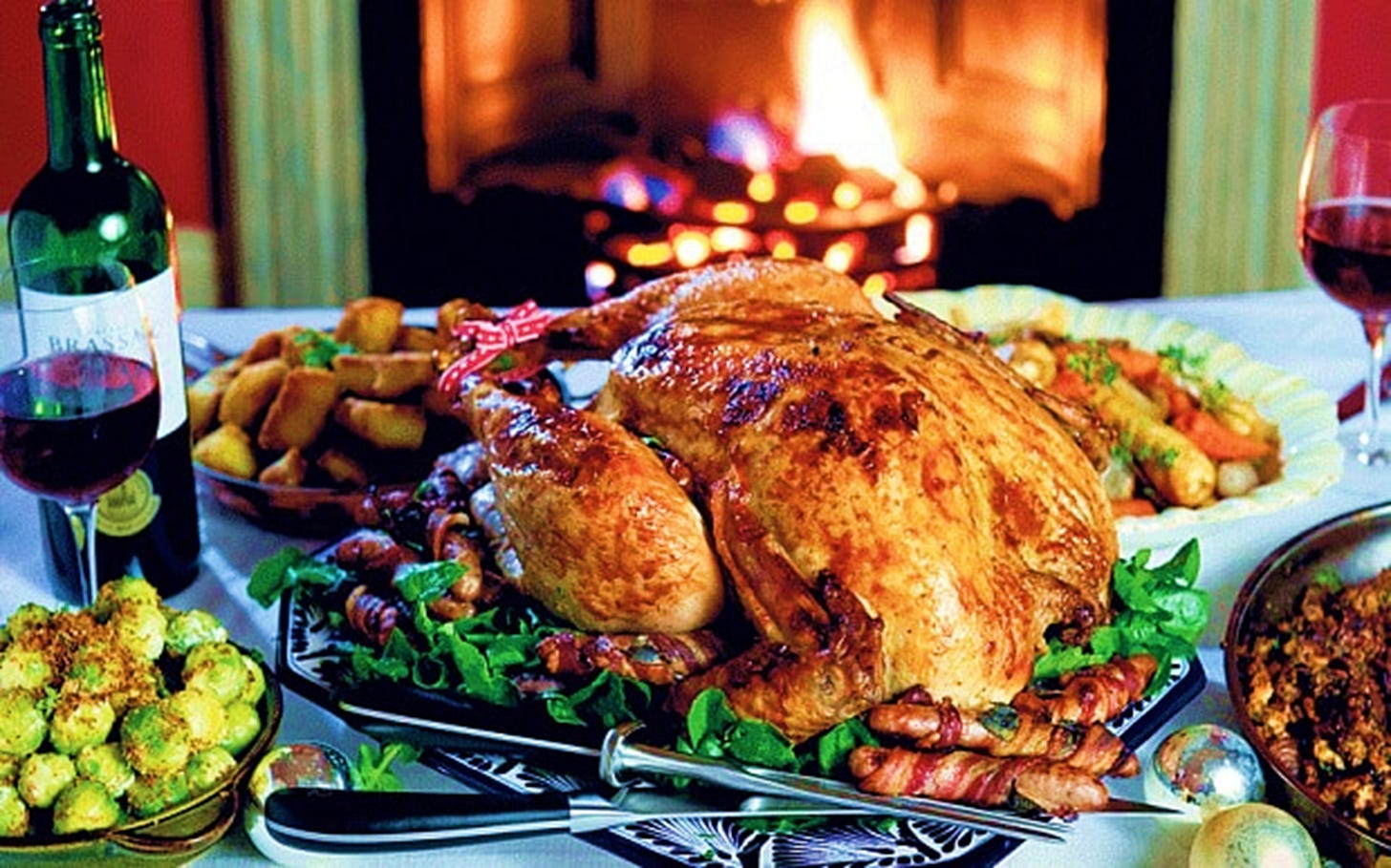Léger: Politics and Family Don't Mix
New data finds politics is the top source of family arguments in every region — and nearly half of Canadians admit to inventing excuses to skip gatherings altogether.
As Americans prepare for their Thanksgiving shindigs and we stand less than a month away from Christmas and the Holidays, Léger has published a cross-border survey on family gatherings — and the similarities are striking. Despite our cultural differences, we seem to approach holiday dinners with nearly identical expectations: we look forward to the food, tolerate the relatives, and have an intuitive sense of which topics to avoid if we want to make it through dessert without incident.
So let’s explore some highlights from this lighter-than-usual poll, fielded in October 2025. (We’ll focus on the Canadian results.)
One question in particular stood out for me: “Have you ever made up a fake excuse to avoid attending a family gathering?”
According to Léger, 45 percent of Canadians say yes (although, if you ask me, the other 55 percent may simply suffer from selective memory).
Regionally, the Prairies and Atlantic provinces lead the country, with nearly half admitting they’ve fabricated a story to stay cosy at home and skip potential family drama.
Quebec and Alberta bring down the national average: “only” 42 percent of Quebecers and 38 percent of Albertans admit to having dodged family obligations with a white lie or two.
The demographic breakdown suggests young adults (18–34) are far more likely to have faked an excuse to avoid a gathering. According to Léger, 54 percent in that age bracket say they have. Among older Canadians (55+), 62 percent say they have not — or perhaps they simply can’t remember being young and annoyed by their uncles’ endless, pointless stories. Not that I’m projecting or anything.
Léger then asked respondents which subjects are most likely to spark an argument during a family dinner. The national results leave little room for doubt: politics tops the list, and overwhelmingly so, at 49 percent.
Money comes in a distant second at 25 percent. Every other topic — immigration, world events, religion, gender identity, education styles, generational differences, COVID — registers in the teens or lower.
There is one notable exception: in Alberta, gender identity jumps to 24 percent, nudging money out of second place. But everywhere else in the country, the pattern holds: Families may differ in language, culture, and upbringing, but they all seem to agree on one thing: don’t bring up politics or money unless you have an exit strategy.
Some extra findings from the regional data:
Quebec stands apart with the most elevated tension on both politics (57%) and immigration (24%).
Alberta is where politics is the least controversial, with only 35% saying it is a source of family argument.
Atlantic Canada, Ontario, the Prairies, and B.C. follow the national pattern closely: politics first, money second, everything else well behind.
Across the board, even topics like religion, education styles, and generational differences hover in the low teens — important, but nowhere near politics.
These regional differences become clearer when viewed side by side:
So as we prepare for the Christmas and Holiday season, Léger’s findings offer a helpful reminder: most family gatherings are better enjoyed without discussions about politics. There are exceptions, of course, but family drama at a time when we ought to be joyful and celebratory may well be why 45 percent of Canadians admit to inventing a creative excuse to skip a gathering altogether…
Thank you to all 338Canada subscribers for your continued support. ❤️🍁
The full report, including data on Americans, can be found here.


